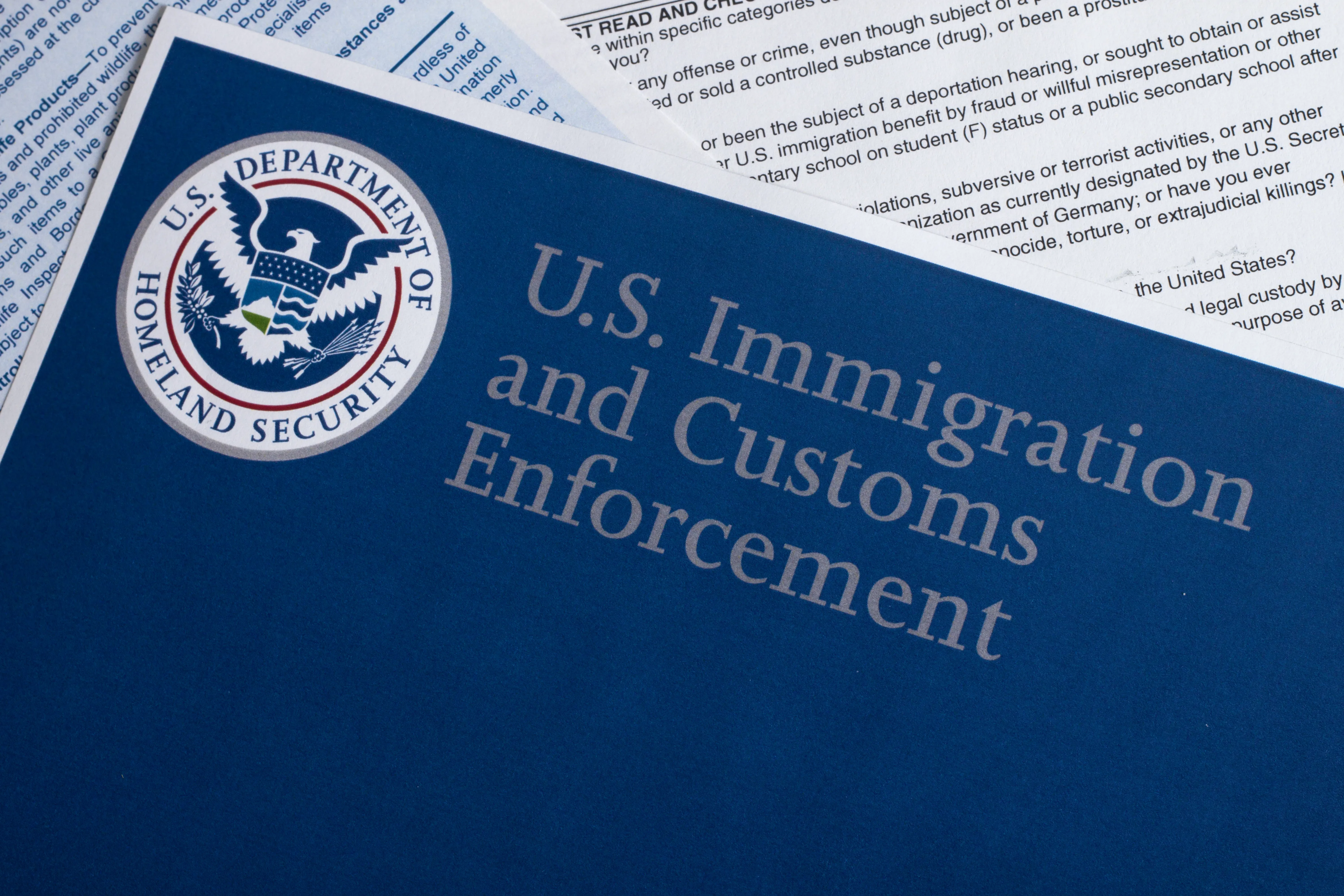
Daily Audio Newscast Afternoon Update - October 28, 2024
News from around the nation.
Social media shaping the 2024 presidential race like never before; Southern activists engage voters to enhance election access and security; federal funds expand diaper distribution; and debunking the horror of bats.
Transcript
The Public News Service Monday afternoon update, I'm Mary Sherman.
With eight days to go until the election, Vice President Kamala Harris meets with workers in Michigan to discuss manufacturing and jobs, while former President Donald Trump speaks in Georgia to faith leaders.
Aggregate polling from Real Clear Politics has Trump ahead by 0.1 percent nationally and 0.9 percent in top battleground states.
Social media is shaping the 2024 presidential race like never before.
Farah Siddiqui reports from Ohio.
College students are weighing in on how candidates such as Kamala Harris and Donald Trump are leveraging platforms to connect with Gen Z.
Patrick Houlihan is president of the College Democrats of Ohio and a political science major at Miami University.
He believes Harris's strategy is already catching the eyes of political strategists.
No matter if Harris wins or loses, there are going to be thousands of strategists all across the country looking at her campaign, trying to figure out what went right, what went wrong.
And one of those things that is probably gonna go right and it's gonna get duplicated is the social media strategy.
Houlihan's point underscores the role social media plays in shaping public opinion, especially among young voters.
A Harvard Youth Poll shows that 34 percent of young adults found Harris's online presence positively influenced their views on issues like climate change and reproductive rights.
Still others remain skeptical about the power of social media alone in swaying undecided voters.
Now to the South where the Alabama Election Protection Network is surveying voters to address their concerns and strengthen election security through voter engagement.
AEPN project manager, Melissa Gilliland, says the organization hopes to learn more about voters' needs and empower them to play an active role in the election process.
Partnering with organizations that do active work within the communities and beginning that education process where people start thinking about who are they electing at the local level and then over time, you know, how who we vote for at the state level and then our federal representation impacts policy.
The effort aims not only to protect voter access but to inspire year-round civic engagement that benefits community wellbeing.
A New Mexico LGBTQ civil rights group says a debunked claim by the Trump-Vance presidential campaign that sex changes are taking place in schools is being repeated by some state candidates.
Trump has regularly promoted claims that educators are grooming or indoctrinating children to become gay or transgender.
Equality Now executive director, Marshall Martinez, says the fear tactic also is being used by a handful of Republican New Mexico candidates who frame transphobic messaging as support for women.
Regardless of the political stance that people have on trans folks and the issues they face, when these lies are told in our communities, it hurts the trans people in that community.
I'm Roz Brown.
This is Public News Service.
A federal pilot program distributing diapers to Massachusetts families in need is expanding.
We get the story from Catherine Carley.
The program has already distributed more than 2 million diapers along with wipes and other supplies to roughly 2,500 children over the past year.
Melissa White with the Valley Opportunity Council in Hampton County says the program is especially helpful for newly homeless and migrant families.
One less thing you have to think of with all the stressors of, I don't even know where I am, so I don't know where to get the diapers or how to get there or how I'm going to afford all those things.
More than one third of Massachusetts families say they can't afford enough diapers for their children.
A new Sierra Club report grades utilities based on their commitment to transitioning away from fossil fuels.
Dirty Truth finds marginal improvements nationwide with utilities only committed to retiring 30 percent of their coal generation by 2030.
Director of the Idaho chapter of the Sierra Club, Lisa Young, says one troubling trend is some utilities claiming to clean up their power generation are simply switching from coal to natural gas.
Knowing that our ultimate goal and what we need to be doing to address the climate crisis is not replacing one fossil fuel with another, but replacing fossil fuels with 100 percent clean, renewable energy.
Now to Michigan, where the city of Ann Arbor is among those working toward carbon neutrality by 2030.
Severe weather in Michigan has strained budgets and put lives and properties at risk.
In response, local leaders highlighted Ann Arbor's climate actions to transition to clean energy through the A2-0 plan.
Funded by the Inflation Reduction Act or bipartisan infrastructure law, this initiative also includes contributions from Ann Arbor residents who passed a millage in 2020.
Christopher Taylor is mayor of Ann Arbor. - That's a 20-year millage, which is gonna raise over $150 million over the course of time to promote community climate action here in Ann Arbor. - The IRA provides more than $369 billion in support to combat the climate crisis.
The A2-0 program presents a unified approach to achieving community-wide carbon neutrality.
Crystal Blair reporting. - From vampires to Dracula to the Halloween thriller "Bats," stories often paint bats as scary animals, but bats are often misunderstood creatures.
Ben Prater with Defenders of Wildlife says there's more than 1,200 species of bats worldwide, and many species of bats across the Southeast are teetering on the edge of extinction, with several populations critically endangered. - They face many threats, one of which is a disease known as white-nose syndrome.
It's a fungal disease which causes hibernating bats to have increased risk of death and mortality. - Bats eat enough pests to save more than $1 billion per year in crop damage and pesticide costs in the U.S. corn industry alone, according to the U.S. Fish and Wildlife Service.
This is Mary Sherman for Public News Service, member and listener supported.
Find our trust indicators at publicnewsservice.org.















